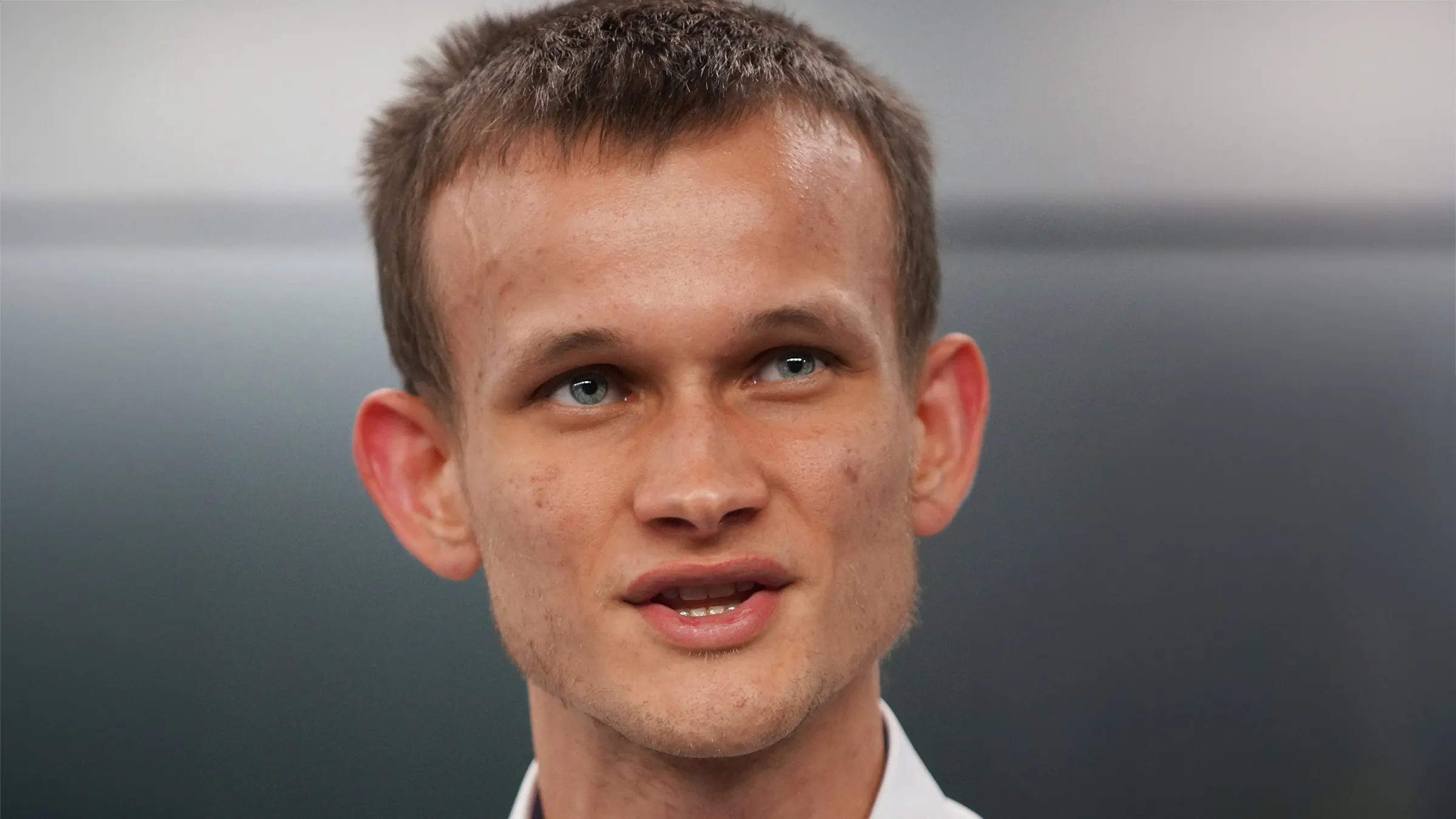Ethereum co-founder Vitalik Buterin mused that one application of artificial intelligence that he'd like to see is AI-assisted formal verification of code and bug finding.
"Right now Ethereum's biggest technical risk probably is bugs in code," he said on Twitter. "And anything that could significantly change the game on that would be amazing,"
Unsurprisingly, the replies to the tweet were full of startups claiming to have built the game-changing tech that Buterin is so excited about.
One application of AI that I am excited about is AI-assisted formal verification of code and bug finding.
Right now ethereum's biggest technical risk probably is bugs in code, and anything that could significantly change the game on that would be amazing.
— vitalik.eth (@VitalikButerin) February 19, 2024
The Ethereum co-founder hasn't always seemed optimistic about the impact AI could have on tech or humanity as a whole. In a November blog post, "My techno-optimism," the Ethereum co-founder laid out his prediction that AI could develop its own "mind," work against humans and become the new apex species.
“This is an extreme claim: as much harm as the worst-case scenario of climate change, or an artificial pandemic or a nuclear war, might cause, there are many islands of civilization that would remain intact to pick up the pieces,” he wrote at the time. “But a superintelligent AI, if it decides to turn against us, may well leave no survivors and end humanity for good. Even Mars may not be safe.”
There were no AI doomsday predictions in the thoughts he shared Monday morning on Twitter. The shift from doom and gloom to optimism has been ongoing for Buterin.
In a January blog post, Buterin said AI could become a "player in the game" in cryptocurrency markets. It's not at all unprecedented. He pointed out that trading bots have been better than humans at arbitrage—or taking advantage of price discrepancies in the market—for years.
"But AI arbitrage bots are only the first example of a much bigger category, which I expect will soon start to include many other applications," he wrote, before talking about AI-driven prediction markets.
If Ethereum developers start using AI for code verification and bug detection, they'll be joining a growing segment of the tech industry.
Earlier this month, Microsoft reported colossal revenue in its Q4 2023 revenue—thanks in large part to its multi-year partnership with OpenAI. The company said during its earnings report that AI has been the main driver of its success, whether it's been generative AI models, code analysis, image generation or visual recognition.
Quick note: Microsoft uses a fiscal year—not calendar year—for its earnings. So its 2024 Q2 ended on December 31, 2023.
"It was a record quarter, driven by the continued strength of the Microsoft Cloud, which surpassed $33 billion in revenue, up 24%," said CEO Satya Nadella in Microsoft’s second-quarter earnings conference call. “We’ve moved from talking about AI to applying AI at scale.”

